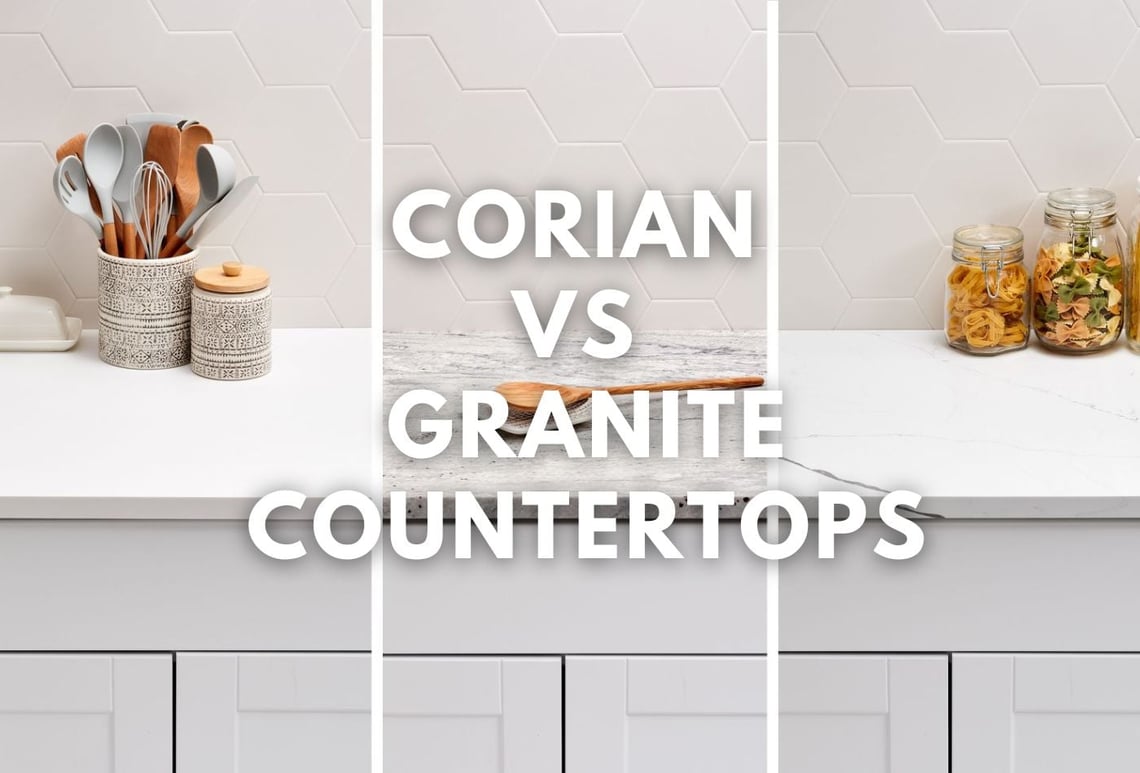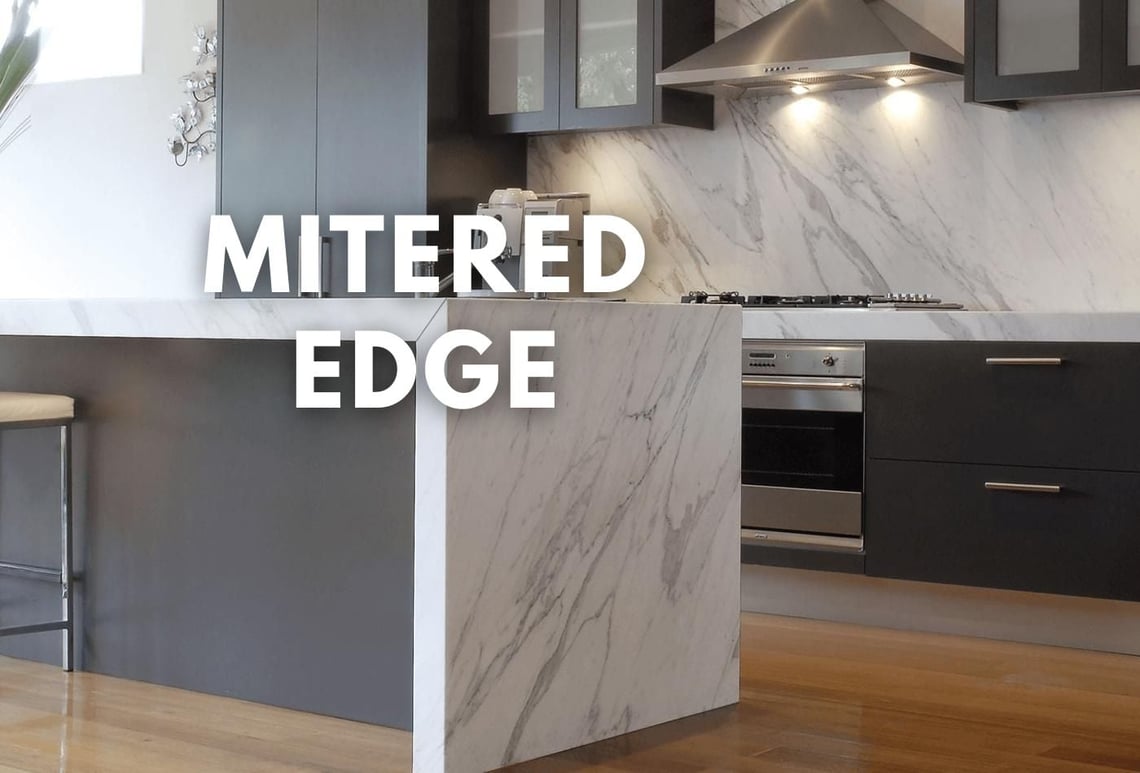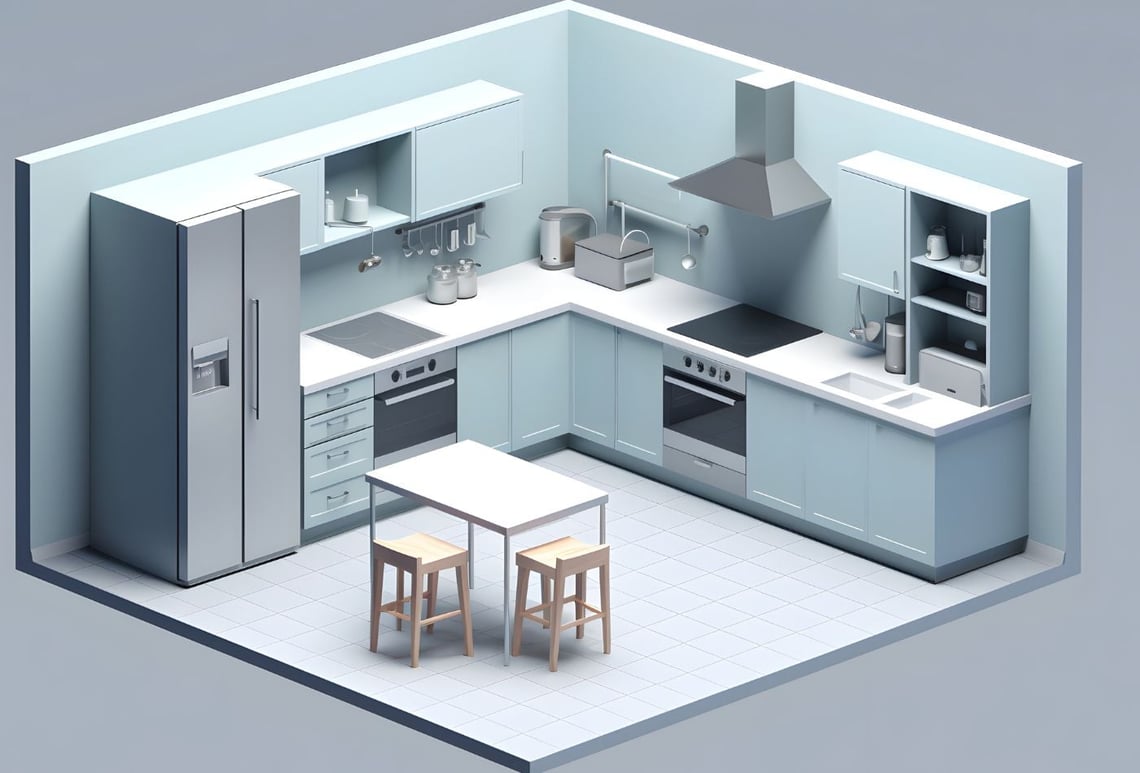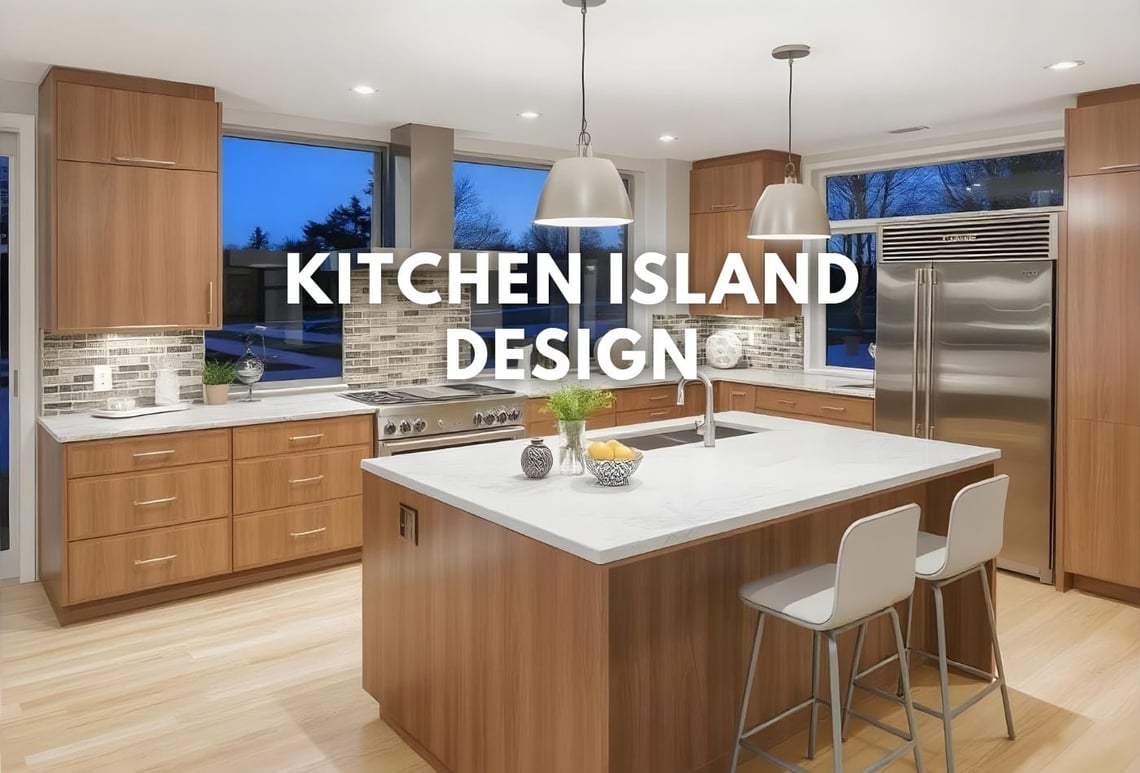Table of Contents
- Difference Between the Countertops for Your Home | Let's See About the Comparisons
- Corian vs Quartz Worktop
- Corian vs Ceramic
- Corian Countertops vs Granite Pricing
- Corian vs Quartz Price UK
- Kitchen Countertops Corian vs Granite
- Which is Better, Corian or Granite Countertops?
- What is the Difference Between Corian and Granite?
- Summary
Choosing the perfect countertop can transform your kitchen or bathroom, and Corian vs Granite countertops are two top contenders. Corian offers seamless design and versatility, while Granite boasts natural beauty and durability. Whether you prioritise style, maintenance, or budget, understanding the key differences between these materials will help you make the ideal choice for your home’s unique needs.
Difference Between the Countertops for Your Home | Let's See About the Comparisons

Corian vs Granite Countertops
Corian vs Granite countertops each have distinct advantages. Corian, an artificial solid surface, offers a seamless appearance with various colours and designs. It's non-porous, making it resistant to stains and easy to maintain. However, it's less heat-resistant and can be prone to scratches.
Granite, a natural stone, is highly durable, heat-resistant, and features unique, natural patterns. It requires periodic sealing to prevent staining but offers a timeless, luxurious look. While Granite adds more value and is ideal for those seeking durability, Corian is perfect but Granite is better for those prioritising design flexibility and low maintenance.
Corian vs Quartz vs Granite Countertops
When comparing Corian vs Granite Countertops vs Quartz, each material has its strengths.
Corian is an artificial solid surface known for its seamless design, versatility in colours, and ease of maintenance. It’s non-porous and resistant to stains but can be less durable against heat and scratches.
Quartz another engineered surface, offers the durability of natural stone with added benefits. It’s non-porous, highly resistant to stains, and doesn’t require sealing. Quartz surfaces are also scratch-resistant and come in various colours and patterns, offering a blend of beauty and practicality.
Granite, a natural stone, stands out for its unique, natural patterns and high heat resistance. It’s durable and adds a luxurious feel to any space. However, it requires periodic sealing to prevent staining and can be prone to chipping.
In summary, Corian vs Granite countertops excel in design flexibility, Quartz in low maintenance and durability, and Granite in natural beauty and value.
BLACK FUSION GRANITE
£438.20 Black Fusion Granite has a versatile pattern and a beautiful colour scheme. Granites are formed by the slow crystallization of magma underneath the earth’s surface. It is composed mainly of natural quartz and feldspar, with subtle amounts of organic minerals,… read more |
COMPAC WHITE AMA QUARTZ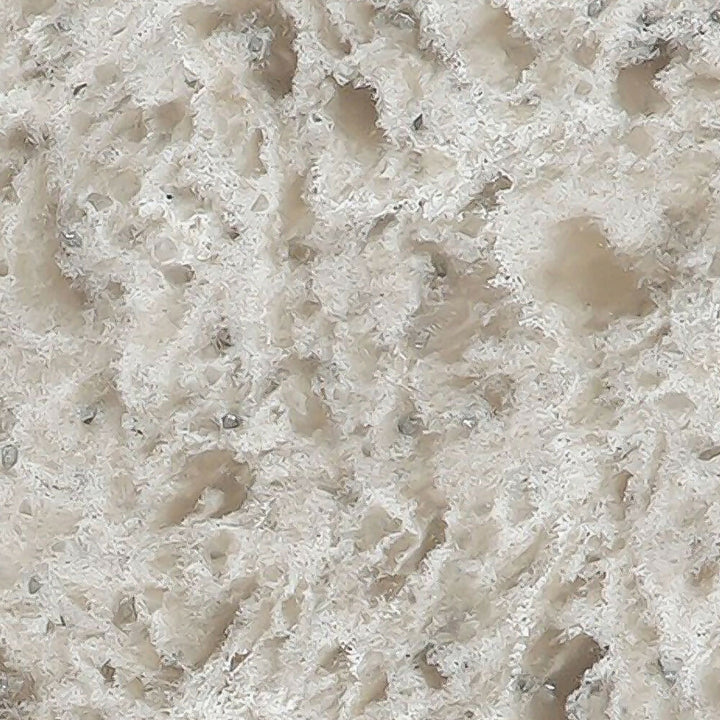
£385.96 Compac White Ama Quartz The classic look is achieved when this product boasts a white surface with greyish tones in the background. This polished quartz is 3050mm x 1400mm and is 20mm in thickness making it strong and attractive. It… read more |
MULTICOLOR RED GRANITE
£326.49 We are introducing the Multicolor Red Granite, it is a very striking and vibrant granite slab that thoroughly helps to bring a very bold splash of red to any space. Thickness is available in 30mm. This polished granite has special… read more |
Corian vs Quartz Worktop

Corian vs Granite countertops: worktops are seamless and versatile, with a non-porous surface that’s easy to maintain but less heat-resistant.
Quartz worktops are also non-porous, easy to clean, durable, and resistant to scratches and heat. Quartz offers a wider range of natural stone-like appearances, making it ideal for those seeking both beauty and resilience in their kitchen surfaces.
Corian vs Ceramic
Corian and Ceramic offer different benefits for countertops. Corian is a seamless, non-porous surface that's easy to clean and available in various colours and designs. It's versatile and resistant to stains but less durable against heat and scratches. Ceramic, on the other hand, is highly heat-resistant and offers a classic, tile-based look. However, it’s prone to chipping and grout lines can be harder to clean. Corian is ideal for modern, seamless designs, while Ceramic suits traditional aesthetics.
Corian Countertops vs Granite Pricing
When it comes to pricing, Corian vs Granite countertops vary significantly. Corian, an artificial material, generally costs between $40 to $85 per square foot, including installation. It's more budget-friendly for those seeking design flexibility and low maintenance.
Granite, a Natural stone, typically ranges from $50 to $200 per square foot, depending on the rarity and quality of the stone. While Granite tends to be more expensive, it offers a timeless, luxurious appeal and can add value to your home. Ultimately, your choice depends on balancing upfront costs with long-term aesthetic and functional preferences.
Corian vs Quartz Price UK
In the UK, Corian and Quartz countertops have different price ranges. Corian, a solid surface material, typically costs between £200 to £500 per square metre, including installation. It's a more budget-friendly option for those seeking seamless designs and easy maintenance.
Quartz, an engineered stone, generally ranges from £300 to £600 per square metre, depending on the brand and quality. Although Quartz is pricier, it offers superior durability, scratch resistance, and a more natural stone-like appearance. Both options have their merits, but Quartz often provides better value for those prioritising longevity and resilience.
Kitchen Countertops Corian vs Granite
When choosing between Corian and Grey Granite countertops for the kitchen, it's essential to consider their unique qualities.
Corian, an artificial solid surface, is prized for its seamless design, wide range of colours, and ease of maintenance. Its non-porous nature makes it resistant to stains and easy to clean, making it ideal for a modern, sleek kitchen. However, Corian is less heat-resistant and can scratch more easily than natural stone.
Granite, a natural stone, is celebrated for its durability, heat resistance, and unique, natural patterns that add a luxurious touch to any kitchen. Granite countertops require periodic sealing to maintain their resistance to stains and bacteria, but they are generally more resilient against heat and scratches than Corian.
In terms of cost, Granite is often more expensive but can add more value to your home. If you prioritise design flexibility and low maintenance, Corian is a great choice; Granite stands out for natural beauty and durability.
GIALLO ORNAMENTAL GRANITE
£353.96 Ornamental Granite, which is also referred to as Giallo Santo Granite, is a captivating countertop stone. It is renowned for having a distinctive, creamy gold visual effect that could be matched with your existing furniture. Brazilian quarries provide the white… read more |
COMPAC UNIQUE VENATINO QUARTZ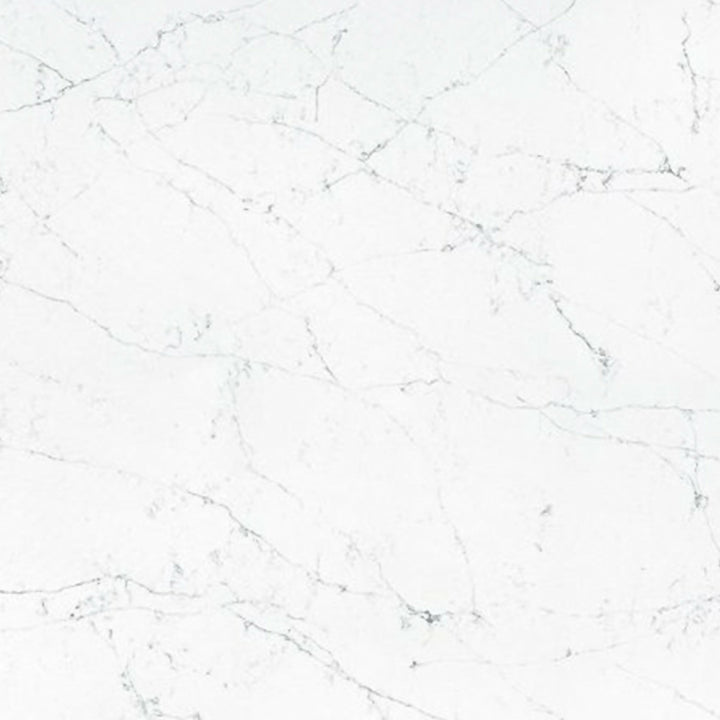
£515.15 Compac Unique Venatino Quartz has a breathtaking white quartz surface with some unique features like an elegant finish and veined patterns reminiscent of natural marble. Thickness is available in 20mm and 30mm. This quartz slab thoroughly helps to bring a… read more |
Which is Better, Corian or Granite Countertops?
Choosing between Corian and Granite countertops depends on your priorities. Corian is an artificial material known for its seamless look, design versatility, and low maintenance. It's non-porous, making it resistant to stains, but it's less durable against heat and scratches. Granite, a natural stone, offers unmatched durability, heat resistance, and unique natural patterns, adding a luxurious feel to your kitchen. However, it requires periodic sealing to prevent stains. If you value modern aesthetics and easy upkeep. If you prioritise natural beauty and long-term durability, Granite is the superior choice.
What is the Difference Between Corian and Granite?

Corian vs Granite countertops differ in material composition and properties. Corian is an engineered solid surface made from acrylic and minerals, offering a seamless appearance and easy maintenance. It's non-porous, stain-resistant, and available in various colours, but it's less heat-resistant and can scratch more easily. Granite, a natural stone, is known for its durability, heat resistance, and unique natural patterns that add elegance to any space. However, Granite requires periodic sealing to prevent staining. While Corian is ideal for those seeking a modern, customizable look, Granite appeals to those prioritising natural beauty and long-lasting durability.
Summary
In conclusion, Corian vs Granite countertops offer seamless design and easy maintenance, perfect for a modern, customisable look. Granite brings natural beauty, durability, and heat resistance, ideal for those seeking a timeless, luxurious feel. Your choice depends on whether you prioritise design flexibility or the lasting elegance of natural stone.
P.s. The readers are informed that none of the content available on any of the pages of Work-tops.com should be taken as legal advice and that Work-tops will not be held accountable for your use of the information contained in or linked from these web pages.

